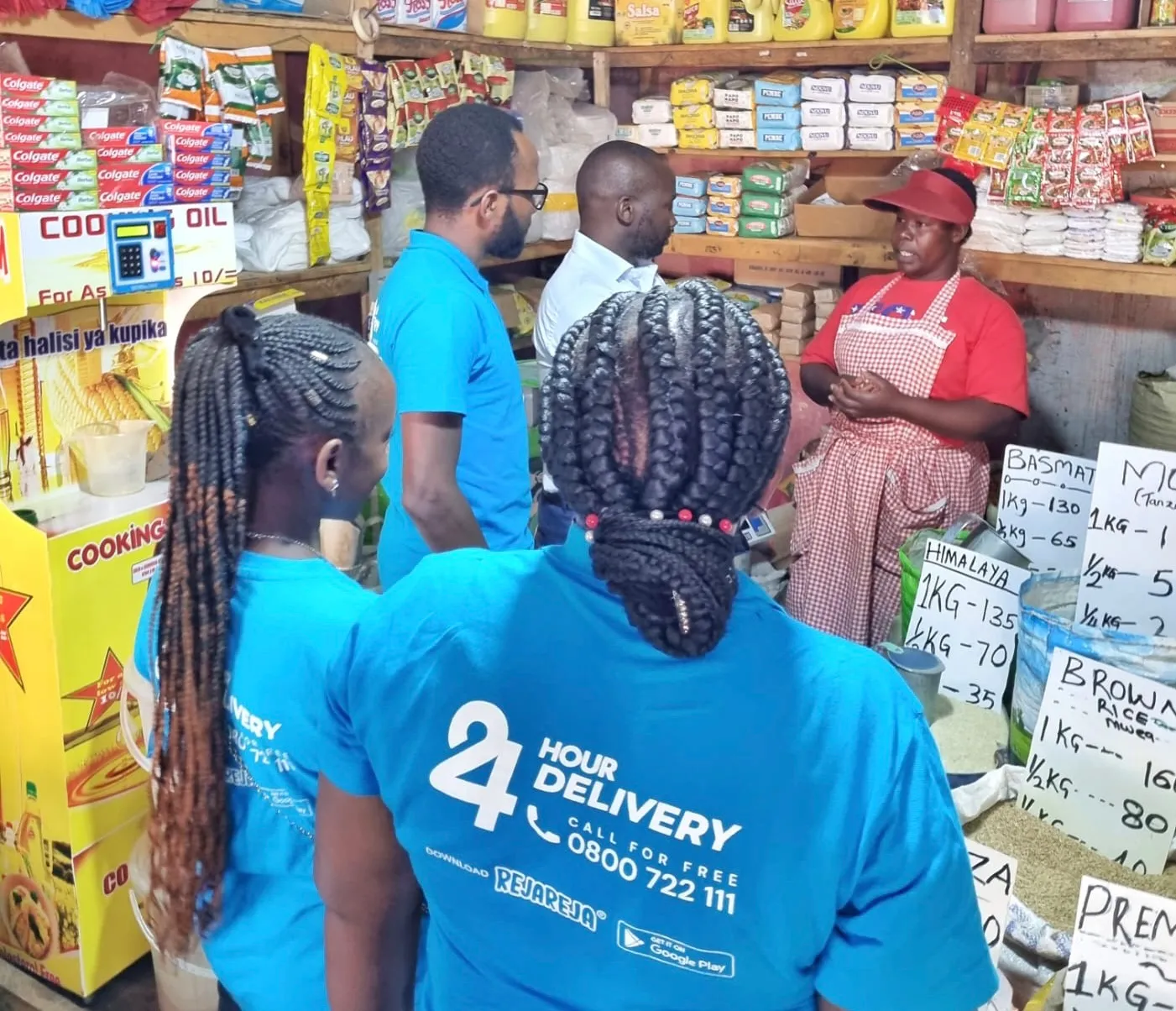MarketForce In Further Cutbacks Amid Survival Fight & Funding Struggles

Kenyan B2B e-commerce startup MarketForce finds itself at a crossroads. Established in 2018 by founders Tesh Mbaabu and Mesongo Sibuti, the startup was envisioned as a game-changer in digitising Africa’s informal retail sector. However, recent setbacks have compelled MarketForce to rethink its strategy and embark on a journey of survival and adaptation.
The tightening grip of funding realities has prompted MarketForce to make difficult decisions. The startup has downscaled operations significantly, WT has learned, retreating from three of its five markets, and refocusing its efforts on Kenya and Uganda. The extent of the job cuts and reorganisation resulting from this is unclear at this time.
Local publication The Kenyan WallStreet first reported on the development, citing comments from the CEO, Mbaabu, acknowledging the cutbacks in three markets where well-placed sources say it has shut offices over the past two months. “Marketforce has downscaled operations in other markets and is now just operational in Kenya and Uganda,” Mbaabu said. This strategic shift came in the wake of similar moves by other startups in Africa’s tech ecosystem, amid a venture capital slowdown.
B2B e-commerce businesses like MarketForce, despite receiving significant capital over the past two years, have been forced to shrink back as a result of new dire funding realities and challenges in the markets they serve. MarketForce, like other notable players, such as Twiga, Alerzo, and Copia, have resorted to scaling back significantly, resulting in the nixing of certain operations and layoffs that impacted hundreds of jobs.
MarketForce’s challenges began with a funding setback, forcing the company to explore alternative avenues for financial support. MarketForce has since set out to find new investors without much success as of yet. The startup was consequently compelled to cut staff (around 250 workers), quit some routes, and slow down its growth objectives as a result. Even so, the business remains fraught as it continues to struggle to cover costs.
In a bid to weather the storm, the company initiated a crowdfunding campaign, allowing the public to invest in its vision. This community-driven approach aimed to raise USD 1 M, enabling MarketForce enthusiasts, partners, and customers to become early stakeholders in the venture.
Amidst these challenges, the startup’s leadership is exploring several options, including actively exploring alternative business models, as Mbaabu hinted. Venturing into high-margin opportunities in adjacent verticals, such as social commerce, is one of the options being considered. This move suggests a resolve to regroup and find sustainable paths to growth in a challenging landscape.
At the core of MarketForce’s operations is its B2B commerce and fintech platform, RejaReja. The platform has processed transactions exceeding USD 500 M and has served over 250,000 retail outlets, as seen on the company’s website. Despite the hurdles, MarketForce would be looking to continue to leverage its technological prowess to facilitate seamless transactions and support retailers in the informal sector.
While challenges persist, the company’s willingness to adapt, explore new avenues, and engage with its community through crowdfunding exemplifies the spirit necessary for survival. As MarketForce navigates these turbulent waters, the tech community watches with anticipation, recognizing that the startup’s ability to weather this storm could pave the way for a brighter, more sustainable future in Africa’s tech landscape.